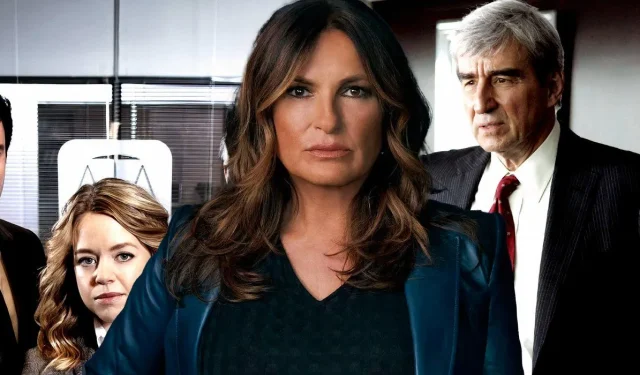
Since its premiere in 1990, the original Law & Order series has consistently maintained at least one title under its banner on television, establishing a remarkable legacy as one of the longest-running and most celebrated television franchises. This foundational series captivated audiences through its compelling crime procedural format, which typically unfolded in two distinct halves: the first detailing the police investigation and suspect arrest, followed by courtroom proceedings handled by prosecutors.
This effective dual narrative approach resonated with viewers, resulting in numerous seasons and a rotating cast over its extensive run. Various spin-offs have explored different facets of both police work and legal processes, sometimes excelling beyond the original formula. While a few of these offshoots struggled to achieve lasting success, others enriched the franchise, showcasing its diverse storytelling potential.
Law & Order: Trial By Jury (2005-2006)
1 Season, 13 Episodes
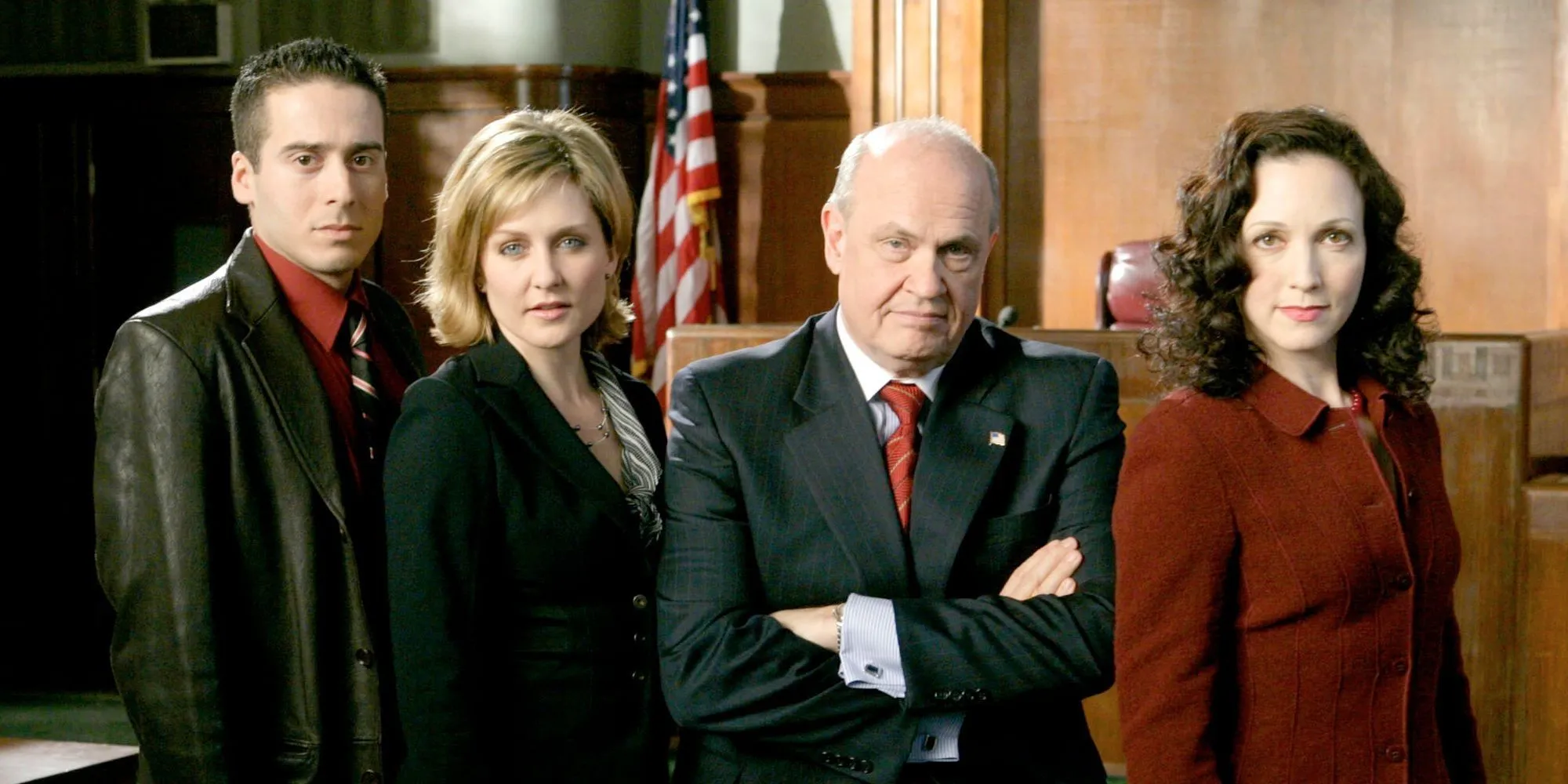
Trial by Jury aimed to delve deeply into the prosecution side of criminal cases, emphasizing elements often overlooked in other series, such as the intricacies of jury selection and deliberations. Despite this unique focus, the absence of the police investigation component diminished the show’s overall excitement. With its launch in 2005, it recorded the briefest tenure in the Law & Order legacy, running for just a single season. Not even a crossover episode with Law & Order: Special Victims Unit managed to rescue the series from disappointing viewership. Nonetheless, its short episodic count allows for relatively easy rewatches, serving as a complementary exploration of the franchise’s broader themes.
Law & Order: Los Angeles (2010–2011)
1 Season, 22 Episodes
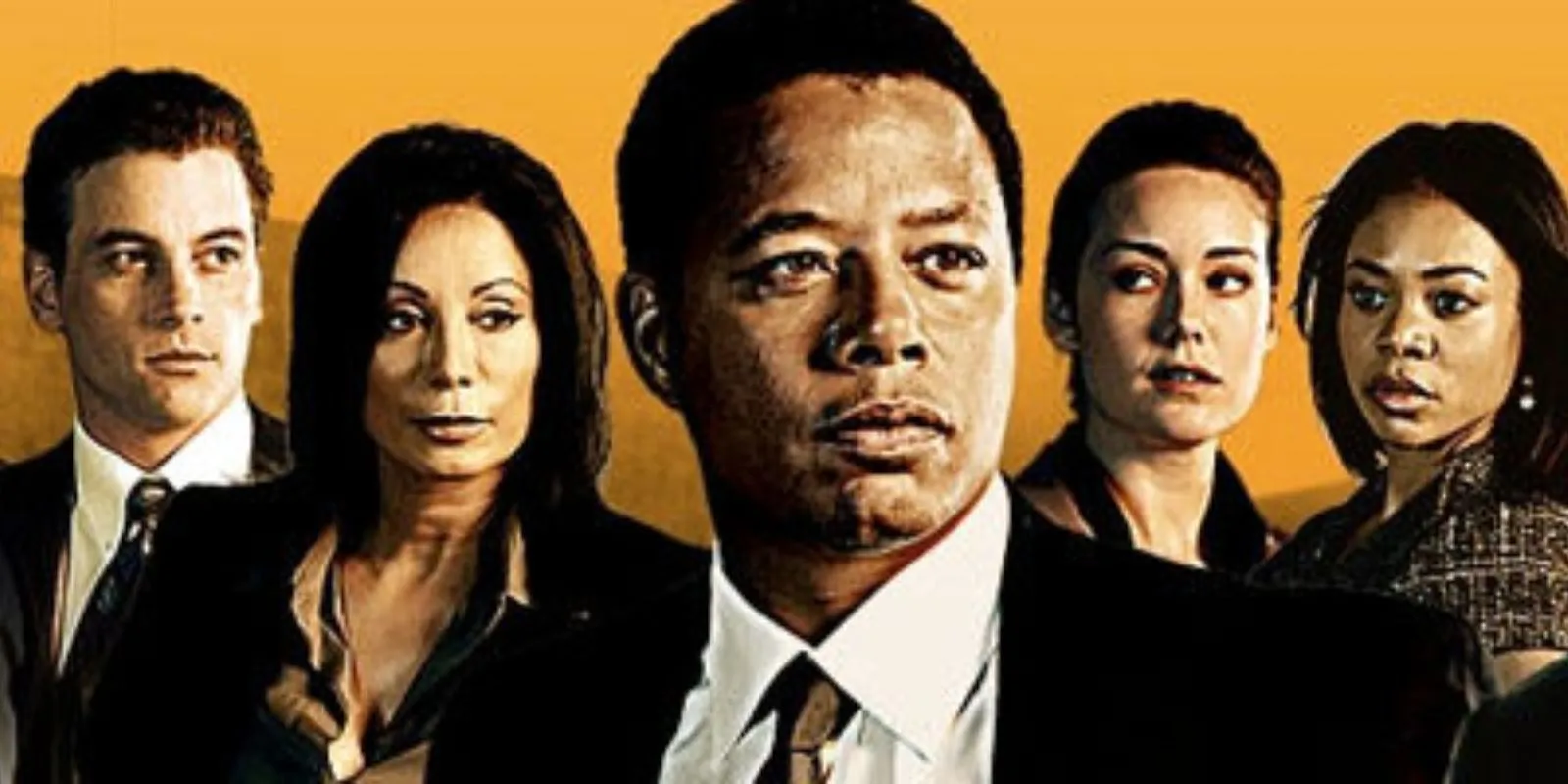
Departing from the familiar New York setting, Law & Order: Los Angeles aimed to explore crime and justice through the lens of Hollywood, showcasing various neighborhoods within the city. The series attempted to mirror the complexity of crime across socio-economic landscapes, but viewers found the shift from New York’s gritty atmosphere disorienting. Despite a strong ensemble cast featuring talents like Alfred Molina and Regina Hall, the narratives struggled to engage audiences due to convoluted storylines, leading to its cancellation after just one season.
Law & Order: True Crime (2017)
1 Season, 8 Episodes
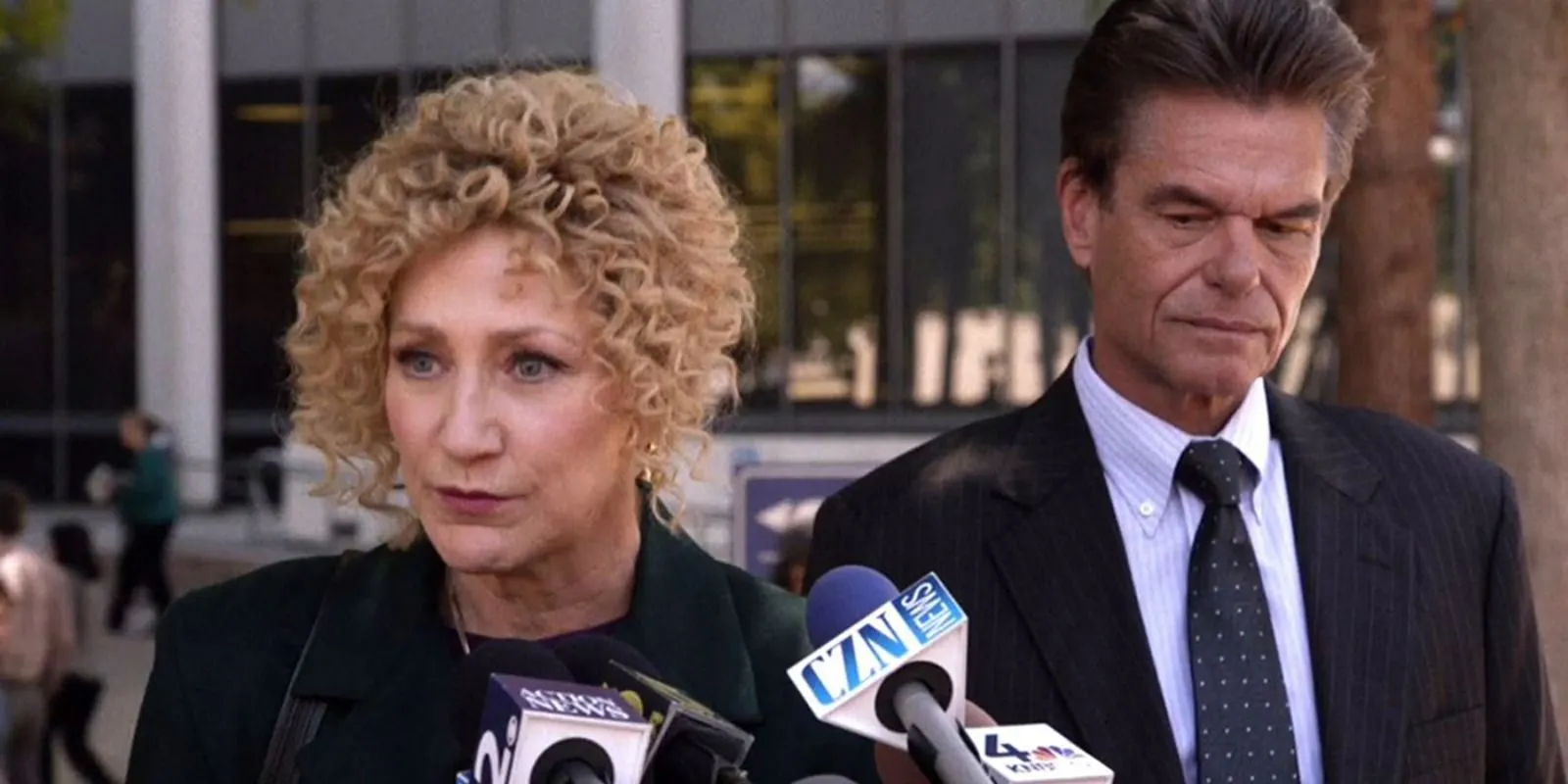
Riding the wave of the true-crime trend that exploded in the late 2010s, Law & Order: True Crime tackled high-profile real-life cases, starting with the infamous Menendez Murders. By dramatizing actual events through a unique lens, the series aimed to innovate the franchise’s storytelling approach. However, it often felt stripped of the considerable dramatics that characterized other true-crime adaptations, leading to a more straightforward narrative structure. While Edie Falco’s performance as defense attorney Leslie Abramson received acclaim, the series remains in limbo, as its future is uncertain following its lone season.
Law & Order: UK (2009-2014)
5 Seasons, 53 Episodes
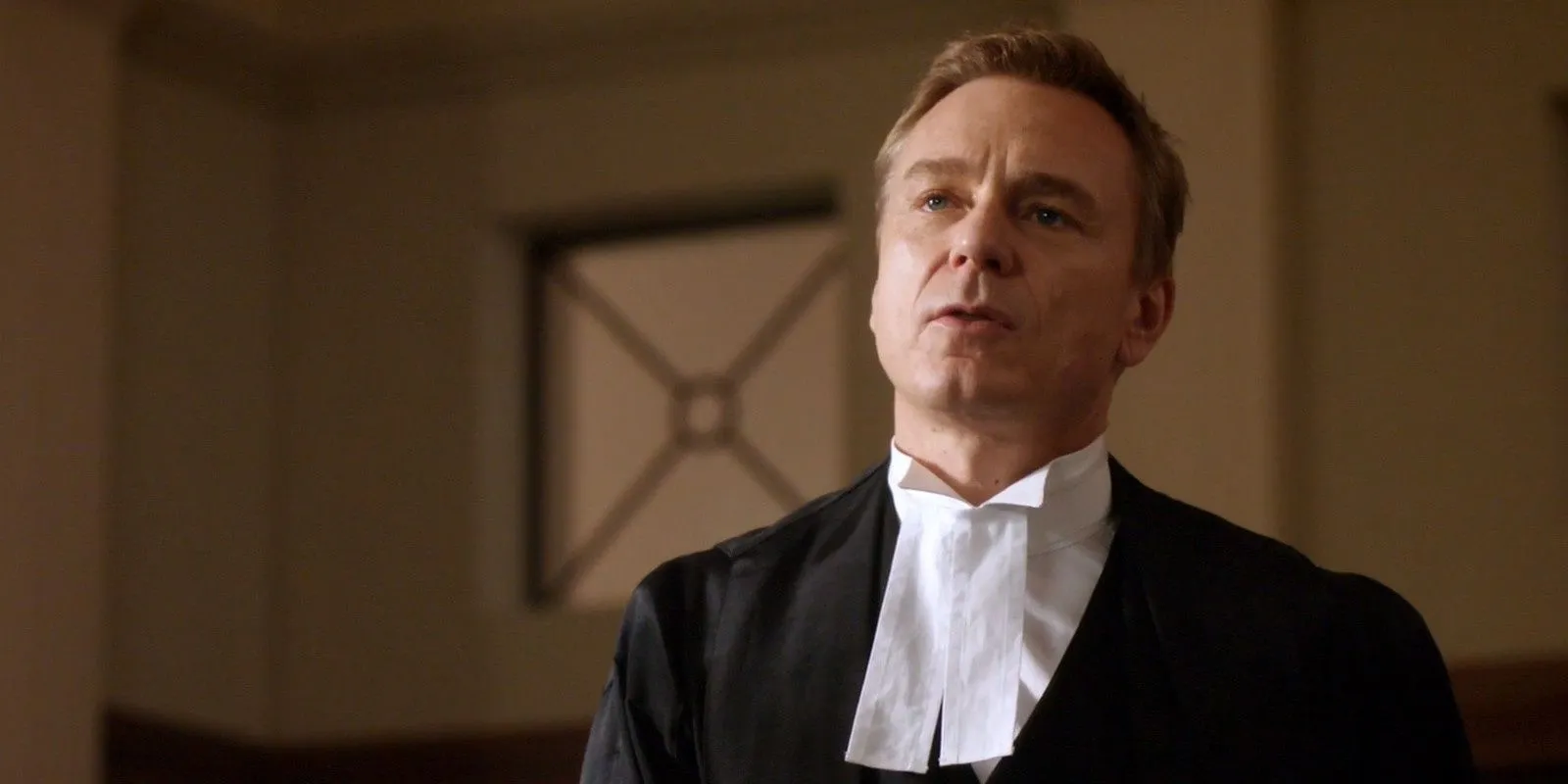
Law & Order: Organized Crime (2021-)
4 Seasons, 65 Episodes
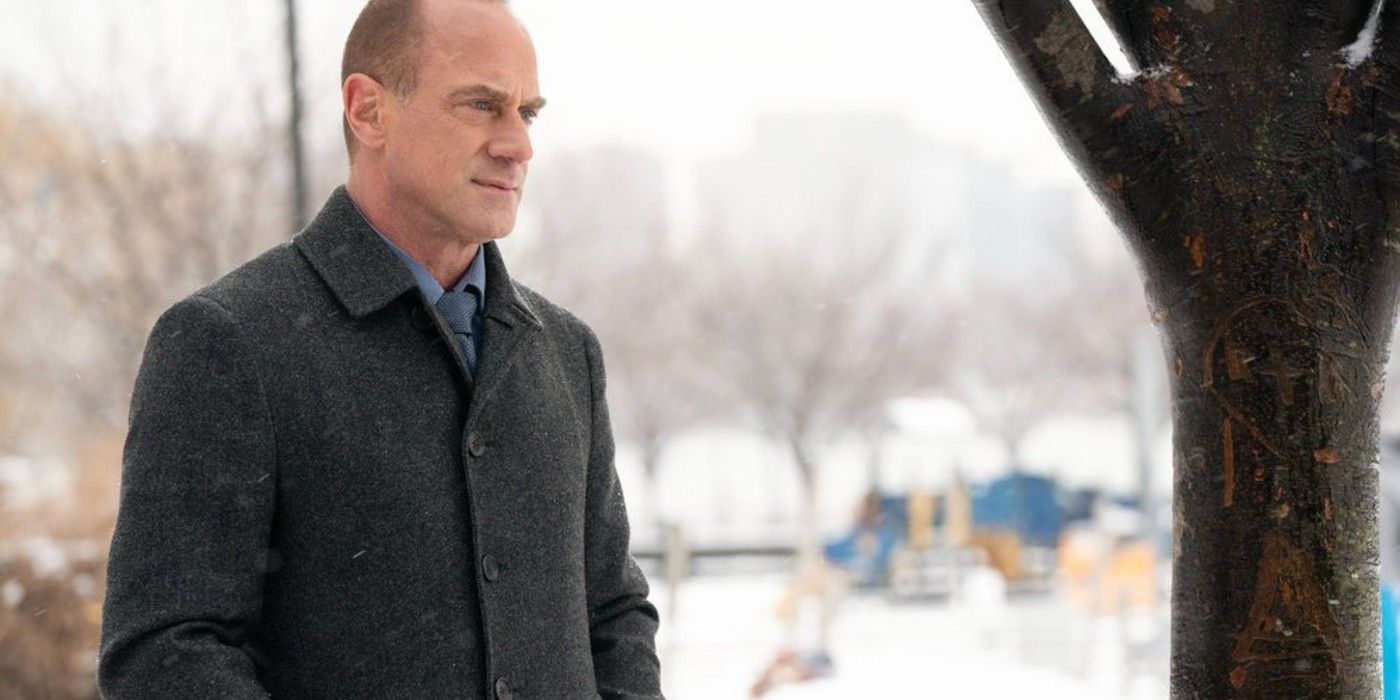
After a decade-long absence, Elliot Stabler made a triumphant return in Law & Order: Organized Crime, following a dramatic arc from Special Victims Unit. The storyline not only addresses his personal loss—the murder of his wife—but also reintroduces him into the world of organized crime. This spin-off artfully embraces serialized storytelling, reflecting contemporary television trends. What sets it apart is its deeper exploration of Stabler’s character against a backdrop where past actions resonate in today’s societal climate. Critics have praised the show for successfully balancing drama with character complexity, showcasing Christopher Meloni’s powerful performance.
Law & Order: Criminal Intent (2001-2011)
10 Seasons, 195 Episodes
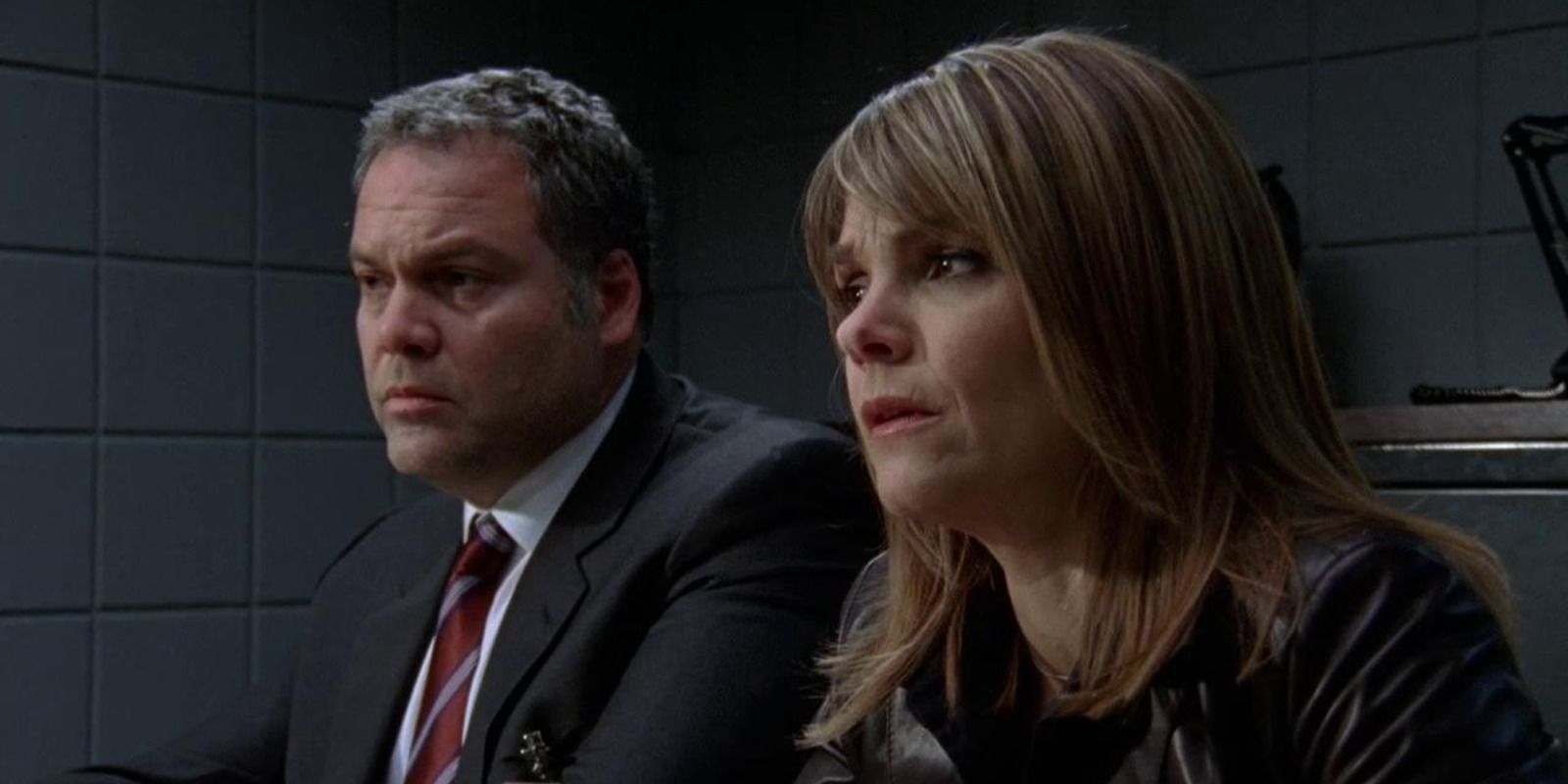
As the second spinoff of the franchise, Law & Order: Criminal Intent made its debut in 2001, diverging from the conventional case-of-the-week format to emphasize character development and interwoven narratives. Notably, it focused on the investigative efforts of the Major Cases division, offering a deeper dive into complex cases. While the series faced challenges in ratings and underwent several cast changes, it featured a standout portrayal by Vincent D’Onofrio as Detective Robert Goren, whose psychologically nuanced character added a compelling dynamic to the series.
Law & Order (1990-2010; 2022-Present)
24 Seasons, 509 Episodes
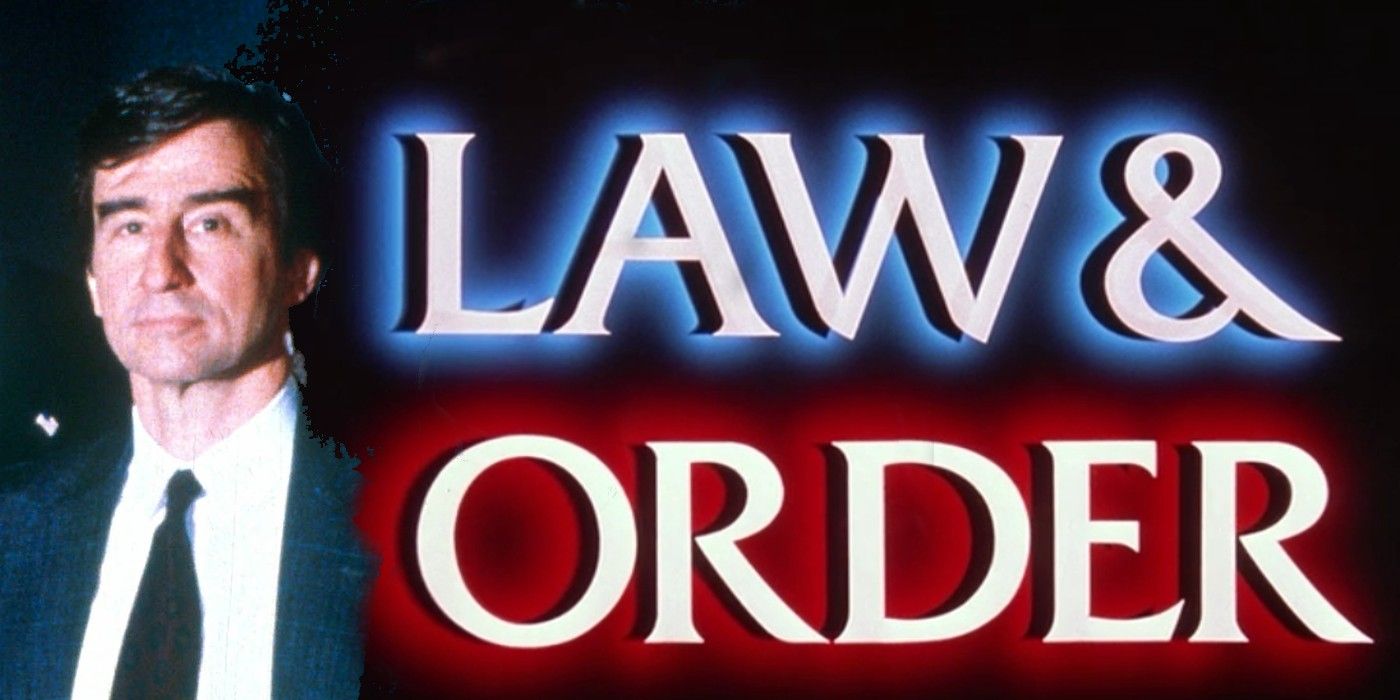
Without a doubt, the franchise’s foundation rests on the original Law & Order. Spanning over two decades and returning in 2022, the series has profoundly influenced the genre, inspiring many shows that aspire to its gritty representation of crime. The unique structure of the series—equally balancing investigative and courtroom elements—set it apart from other police procedural dramas. Although later seasons might seem formulaic due to their extensive run, the show’s compelling characters, including iconic figures like Jack McCoy and Lennie Briscoe, have created a lasting impact on audiences and the television landscape.
Law & Order: Special Victims Unit (1999-)
26 Seasons, 559 Episodes
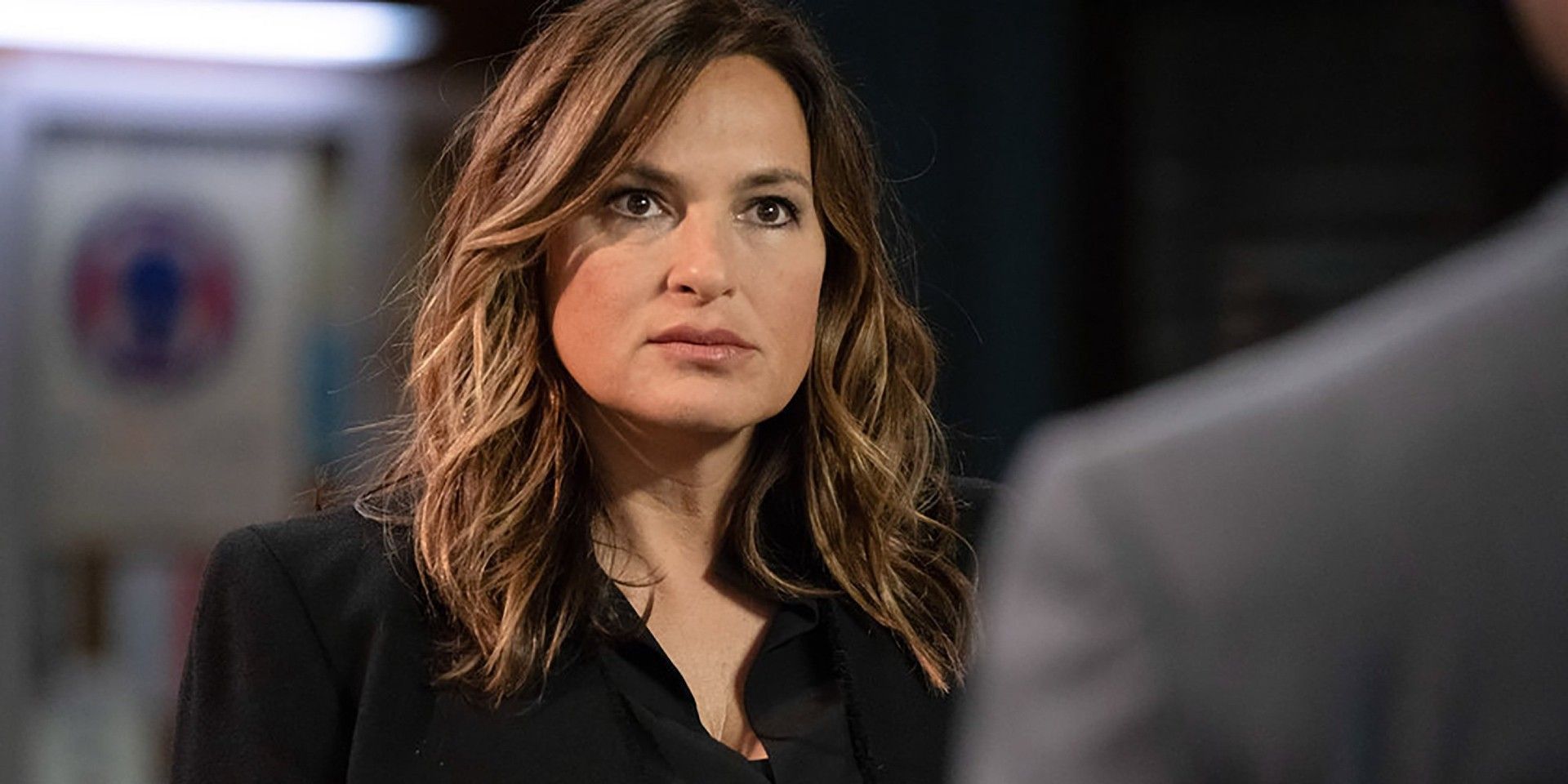
Law & Order: Special Victims Unit is arguably the most successful live-action spin-off ever, breaking records as one of the longest-running series in television history. By focusing on the investigation of sexual crimes, SVU quickly developed a reputation for tackling sensitive topics with depth and sensitivity, captivating audiences worldwide. The series features harrowing and often unsettling cases, drawing inspiration from real events while presenting powerful narratives that resonate with viewers.
At the heart of the show is Mariska Hargitay’s portrayal of Olivia Benson, which has been pivotal to the franchise’s success. Her complex, relatable character not only won her an Emmy but also became emblematic of the series, earning significant acclaim throughout its lengthy run. Hargitay’s performance, combined with a strong ensemble cast, has created some of the franchise’s most unforgettable moments.




Leave a Reply ▼